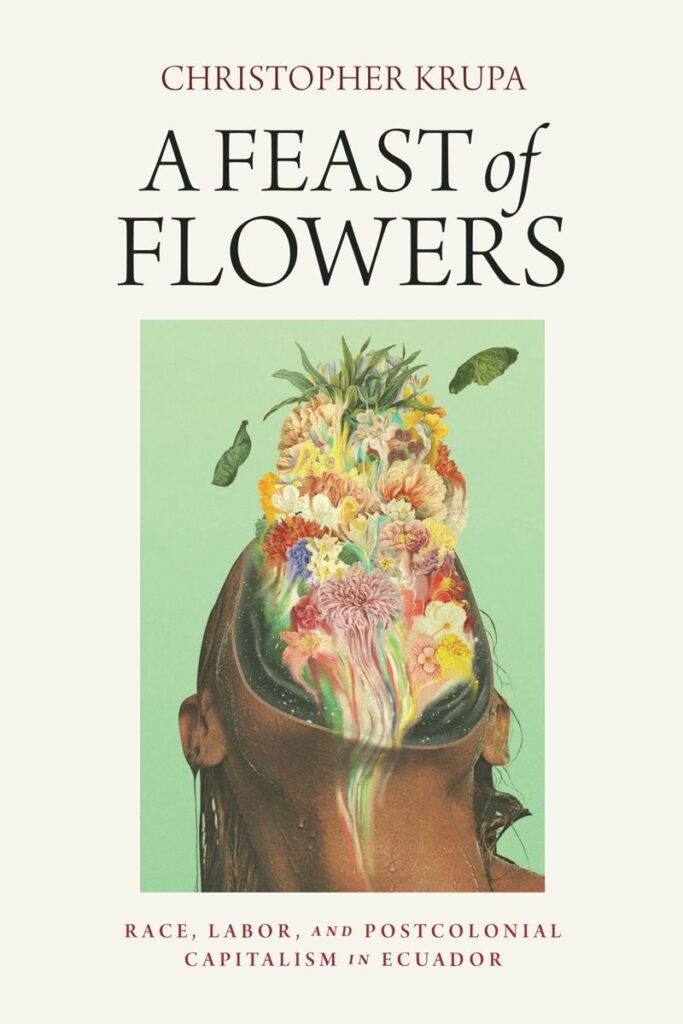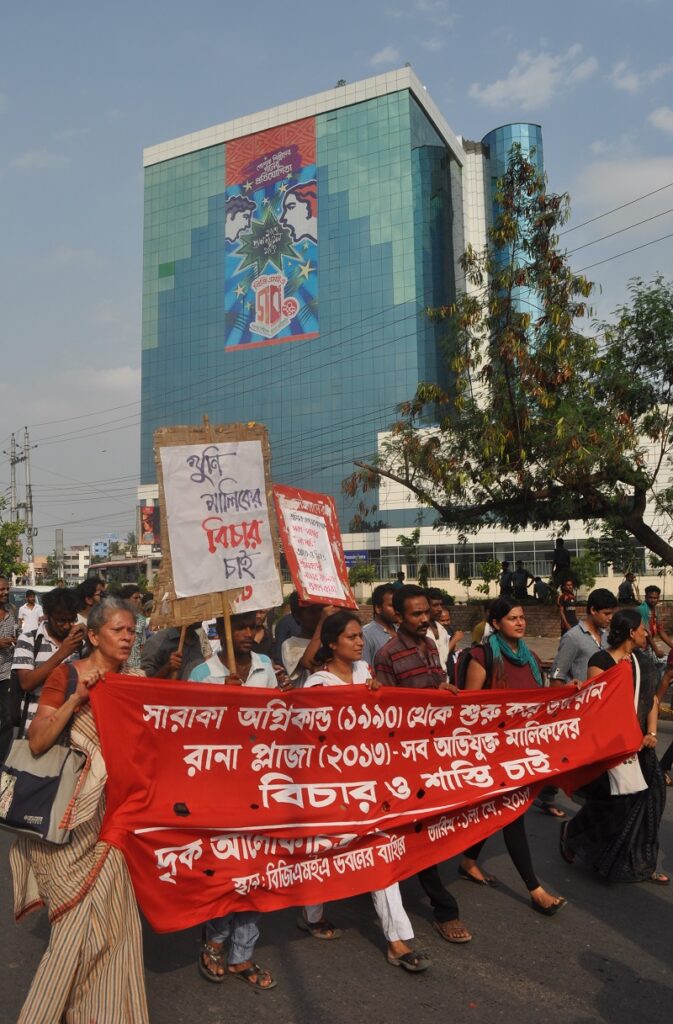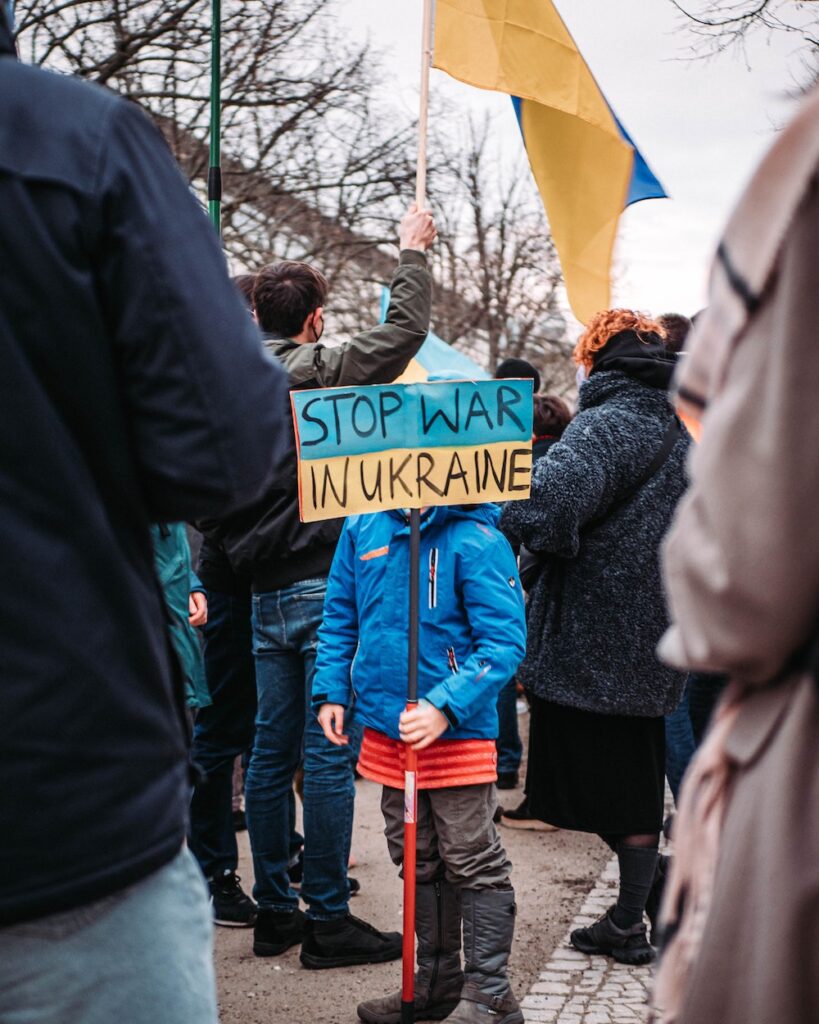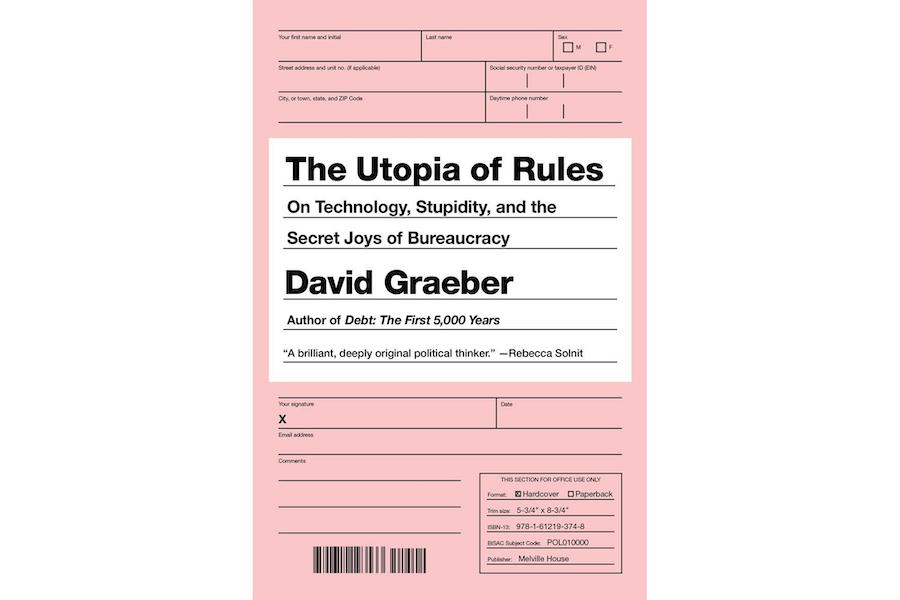“Our whole state manifested itself in [Verkhniy] Lars, in a concentrated form: violence, mess, corruption, and indifference” – told me Vadim, who left Russia through Georgia shortly after Vladimir Putin announced ‘partial mobilization’ on 21 September 2022. In this essay I argue that this concentrated manifestation of the state showcases how along with the ‘spectacular’ violence against Ukraine since 2014, the Russian state evinced violence against its own citizens.
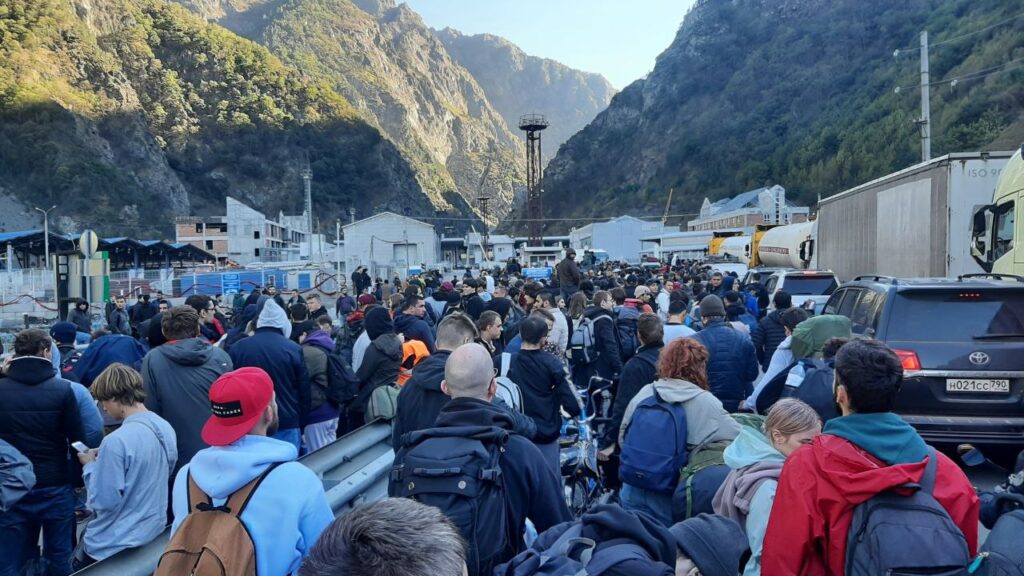
Currently, there are many discussions about the Russian invasion of Ukraine since 24 February 2022, including contributions in FocaalBlog on the Russian state, its imperial aspirations and paranoid leaders. While the war in Ukraine has made the “spectacular”, fast violence of the Russian state increasingly visible and discussed, slow violence largely remained out of the spotlight (Vorbrugg, 2022). In general, the invisibility of slow violence is defined not only by its everyday nature, but also by dominant epistemologies that privilege “the public, the rapid, the hot, and the spectacular” (Christian & Dowler, 2019). Within this essay, I attempt to portray a more nuanced and entangled picture of the violent Russian state. To do so, I follow Stef Jansen’s (2015) distinction between two faces of the state that overlap and co-shape each other: statehood and statecraft. Loosely put, these two pertain to the varying sets of state practices that assert power over territory and people (statehood) and that take care of territory and people (statecraft).
Despite the endurance of “statehood as a culture” until the end of 19th-beginning of the 20th century the Russian state – gosudarstvo [государство] – could not really be referred to as omnipresent, especially at its fringes (Ssorin-Chaikov, 2003). Indeed, the Russian imperial state was rather fluid and fragmented. It appeared and disappeared by the act of will but was not busy with extending statecraft across the territory. Engaging in numerous colonial wars, Russian imperial state simultaneously neglected its peoples: “[while] the state was plumping, the people were fading” (Kluchevsky, 1956: 3/12, cited in Etkind, 2022). Bad roads, chaos, poverty, and corruption in provinces were as prominent and recurring motives of Russian literature of the imperial period, as were conquests and the magnificent life of the elites in the capital.
After the Russian Revolution, the nature of the state changed. The Soviet state, contrary to the imperial one, though not less (rather more) violent, was underpinned by a somewhat ‘modernizing’ and developmental rationality. Combining the policy of ‘benevolence’ with violence and terror, it extracted and controlled, but also attempted to ‘modernize’ the territory and ‘civilize’ its subjects (Hirsch, 2005). Through infrastructure building and provisioning of even the most remote territories, the Soviet state significantly increased its power over land and people.
With the collapse of socialism in the late 20th century came the massive retreat of developmental rationality in what is now post-Soviet Russia. This brought about the decline of support for industries and science, as well as decreasing investments in infrastructure and welfare provision. Nikolai Ssorin-Chaikov (2003: 6) writes: “there is a continuity between the late-imperial Russian administrative regime and… the post-Soviet one, it lies in… [the] condition of perpetual disorder that both defines and invites state interventions.” The picture of chronic disorder in Provincial Town N, sketched out by Nikolai Gogol in the novel “State Assessor” (1842) is strikingly similar to the reality of contemporary Russian non-capital towns:
There is no order in this town: doctors walk around dirty in hospitals, patients “look like blacksmiths” and smoke strong tobacco… In the courthouse, the watchmen breed geese and dry clothing. The assessor is always drunk “he smells like he has just left the distillery”; while the judge keeps a memo so that “Solomon himself will not follow what is true and what is not true in it”. The streets are dirty…
The decline of the welfare state has been witnessed throughout the world with the emerging discourses of state failure that pertain to the withdrawal of statecraft. At the same time statehood seems to be reinforced through tightening surveillance and control, emphasis on state symbolic representation (e.g., flags, monuments), national identity building, and enforcement of sovereignty. Within Russia, these parallel trends occur in an immensely concentrated manner.
During my fieldwork in different Russian small towns in 2015–2021, I recall their residents constantly complaining about “lack of state presence.” In doing so, they referred to bad roads, crumbling housing, as well as low quality of utilities and public services, which were the domain of state care in the Soviet period. Yet, the state was present. It was there manifesting itself through Vladimir Putin’s portraits in nearly every governmental and public services building. It was there through the patriotic mobilization around the 9th of May Victory Day and discourse pertaining to Putin’s preferred slogan of “Russia rising from its knees .” It was just a different kind of state, one that is not preoccupied with providing welfare and infrastructures to its own citizens. Instead, it focused on the “protection of Russian speakers” in neighboring countries attempting to reinforce Russian imperialism within the post-Soviet realm. Thus, concentrating on external affairs and warfare, the Russian state disregarded statecraft within its own territory. This manifested in decay and impoverishment.
An illustration of this may be found in the satirical “Open letter from residents of the Tver oblast to Putin ”, which was widely circulated in the Russian media after the annexing of Crimea in 2014:
We express our deep support for your concern and determination to help the Russian-speaking population outside of Russia. And after your words, for the first time in many years, hope also appeared for us, who live on the historical territory of Russia. We heard on TV that Russia was going to build a bridge across the Kerch Strait for 50 billion rubles. In Tver, the governor also promised residents to construct the Western Bridge, without which the city is suffocating in traffic jams. But he didn’t fulfil his promise…we don’t ask for a bridge – let the engineering troops of fraternal Russia connect the banks of the Volga River at least with a Western Pontoon, dear Supreme Commander. The Russian army could also repair roads and bridges in rural areas of Tver oblast, they have not seen repairs since the Brezhnev program “Roads of the Non-Chernozem territory” …
Kiselyov [Dmitriy Kiselyov – notorious Russian state propaganda spokesman] talked with pain about the destruction of Orthodox churches in Ukraine. How similar this is: architectural monuments, Orthodox churches are also being destroyed in our country. They have been decaying for decades…
The quote from the Open letter highlights the simultaneity of different types of state violence and the sacrifice of statecraft in the name of statehood. Furthermore, hinting at the interconnection between the two, in August 2022, Holod media published a list of infrastructural projects in Russia which were ‘frozen’ due to the lack of funding. Examples include a bridge over the Lena River in Yakutsk (Sakha Republic), subways in Chelyabinsk (Chelyabinsk oblast) and Omsk (Omsk oblast), a hospital in Nizhnevartovsk (Khanty-Mansi autonomous region). All of these are in regions whose governors volunteered to support the rebuilding of cities in Eastern Ukraine under Russian occupation. While the Russian state erects spectacular infrastructures (e.g., bridge to Crimea, Zaryadie park in Moscow) and invests in warfare, its citizens continue to literally live amidst ruins. Constantly struggling to pursue a decent life, they must self-organize to substitute for statecraft. As noted by Sergey, whom I interviewed in a semi-abandoned Russian Arctic town:
Living in a half-empty apartment building on the outskirts of the city implies a close-knit community. How else? Who will solve our problems – Guriev [Vorkuta mayor]? Gaplikov? [Komi governor]? Putin? Haha. It’s just us…The state does not need us; it does not care for us. And we learnt to get by without it, to manage ourselves…

Since the start of Russia’s full-scale invasion of Ukraine in February, increasing state attention (read–violence) within Russia was at first directed predominantly towards those who protested against the war in Ukraine . Presented by Putin as a ‘special military operation’, it was initially framed as being aimed at “the liberation of Donbass, the protection of these people [supposedly Russian-speaking Donbass residents] and the creation of conditions that would guarantee the security of Russia itself”. Relying on the language of a policing act, rather than a genuine military confrontation, the Russian state assumes to be using ‘legitimate force’ within its own domain, of which Ukraine is a part. Thereby, opposing war is equated to opposing legal state duties, inscribed within statehood.
The ‘partial mobilization’ announced in late September has impacted not just the opposition, but significantly more people in Russia whose life and death became increasingly subjected to sovereign (state) power. Especially disproportionality were affected peoples in Republics, such as Buryatiya, Kalmykiya, and Tyva where infrastructures are poorly maintained and the life quality is among the lowest in the country. Thereby, among all of Russia’s population, the non-Russian ethnic groups seem to have become victims of exceptional levels of both slow and fast state violence showcasing state-sanctioned racism in the country.
Understandably, Russian citizens did not seem particularly happy with the current instance of the state turning its gaze on them. Following the announcement of “partial” mobilization, mass protests occurred in various regions of Russia, with videos from the Republics of Dagestan , Tyva , and Sakha going viral. Furthermore, all airplane tickets for a week ahead to countries that have straight air connections with Russia were sold out. Multi-day queues of cars, bicycles and scooters lined up at the checkpoints along the land borders causing a collapse of the border infrastructures:
The whole of Russia was in this traffic jam. Literally, [in Verkhniy Lars] we have seen the license plates of almost all regions except for the Far East… we witnessed the most massive bike ride in the history of the Caucasus, since bicycles are considered transport, people were allowed [to cross the border] on them… The closer was the border, the greater became the hustle. Traffic lined up in five rows and the traffic cop fought so that oncoming vehicles could pass at least on the left side of the road…There were mountains of garbage around and a strong smell of urine (Kirill, interviewed September 2022, Yerevan).
Out-migration from Russia since the collapse of state socialism was predominantly framed within the narrative of state failure to deliver a decent life to its citizens, that is the lack of statecraft. However, since the failed political protests of 2011–2012, the motives started to change. What began as a gradual and selective emigration to escape the repressive state apparatus and exaggerated statehood, turned into a fully-fledged exodus in 2022. It seems that for one’s own sake instead of calling for the state it is better to stay out of its gaze, especially if that state is with imperial ambitions. As wisely commented by a dissident poet Joseph Brodsky in “Letters to a Roman Friend” (1972):
If you happen to be born in an empire,
It’s better to live in a remote province by the sea.
Far from Caesar, and from the blizzard.
There is no need to fawn, to be cowardly, to hurry.
You are saying that all governors are thieves?
But a thief is better by me than a bloodsucker.
Maria Gunko is a DPhil Candidate and Hill Foundation Scholar at COMPAS, University of Oxford within the ERC-funded project EMPTINESS: Living Capitalism and Democracy after (Post)Socialism. She obtained MSc in Human Geography from the Lomonosov Moscow State University in 2012 and a postgraduate research degree (Kandidat Nauk) in Human Geography from the Institute of Geography Russian Academy of Sciences in 2015. Maria’s research interests include anthropology of the state and infrastructures, (post)socialism, and urban shrinkage with a geographical focus on Eastern Europe and Southern Caucasus.
References
Christian, J.M. & Dowler, L. (2019). Slow and Fast Violence: A Feminist Critique of Binaries. ACME: An International Journal of Critical Geographies 18(5) https://acme-journal.org/index.php/acme/article/view/1692
Etkind, A. (2022). Vnutrennyaya kolonizatsiya. Imperskiy opyt Rossii [Internal colonization. Russian imperial experience]. NLO: Moscow
Gunko, M. (2022). “Russian Imperial Gaze”: Reflections from Armenia Since the Start of the Russia-Ukraine Military Conflict. Political Geography, Virtual Forum: War in Ukraine. https://doi.org/10.1016/j.polgeo.2022.102739
Hirsch, F. (2005). Empire of Nations. Ethnographic Knowledge and the Making of the Soviet Union. Ithaca: Cornell University Press.
Jansen, S. (2015). Yearnings in the Meantime: “Normal Lives” and the State in a Sarajevo Apartment Complex. New York & Oxford: Berghahn.
Ssorin-Chaikov, N. V. (2003). The Social Life of the State in Subarctic Siberia. Stanford: Stanford University Press. Vorbrugg, A. (2022). Ethnographies of Slow Violence: Epistemological Alliances in Fieldwork and Narrating Ruins. Environment and Planning C: Politics and Space, 40(2), 447–462.
Cite as: Gunko, Maria. 2022. “Violent faces of the Russian state.” Focaalblog 21 October. https://www.focaalblog.com/2022/10/21/maria-gunko-violent-faces-of-the-russian-state/
